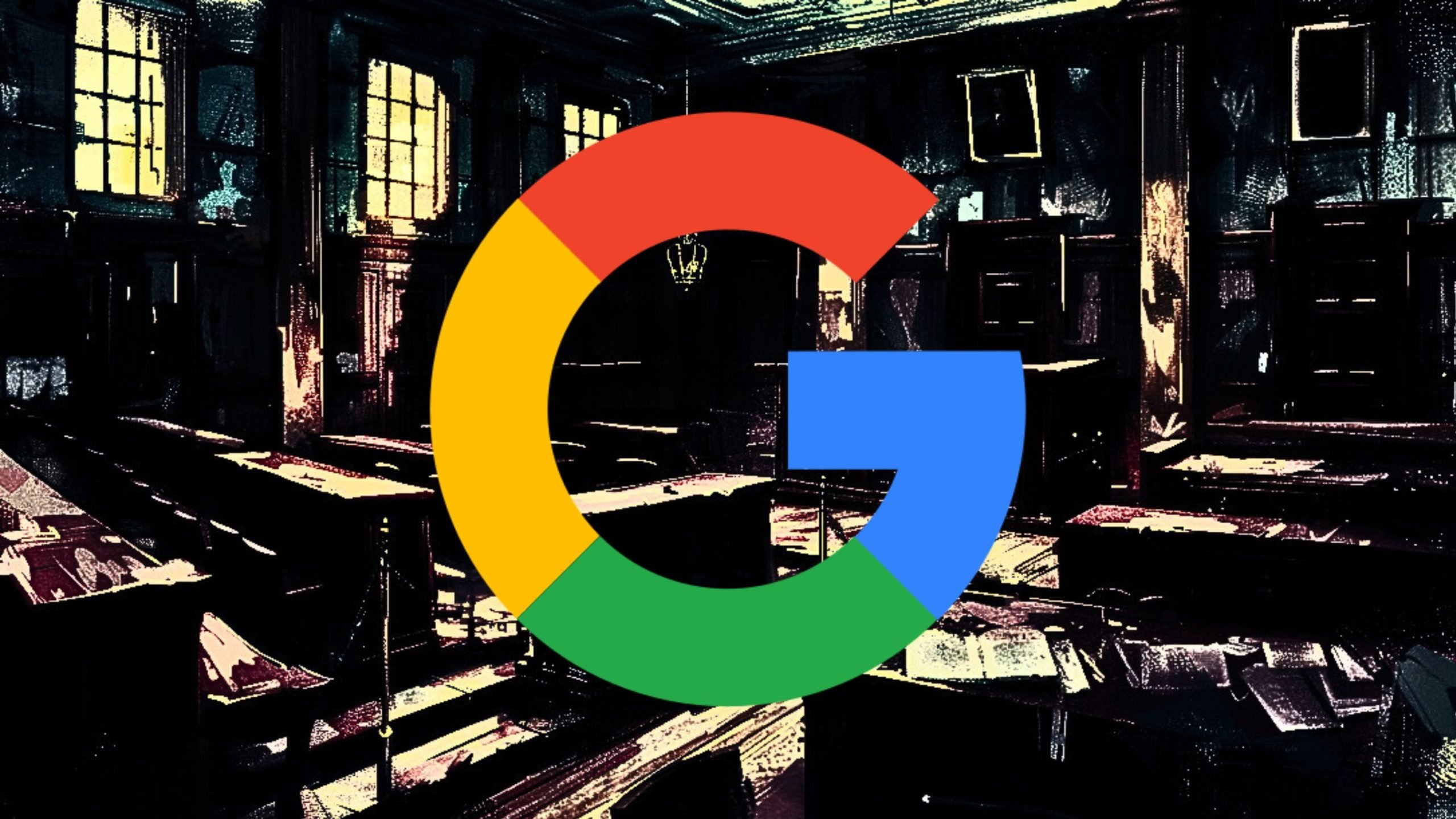Judges involved in three different anti-trust lawsuits faced by Google in the US have slammed the tech giant, accusing it of going to great lengths to manipulate and suppress evidence (internal communications) during the legal proceedings.
The cases are ongoing in San Francisco, the District of Columbia, and Virginia federal courts, where Google is fighting regulators’ allegations of engaging in monopolistic practices (concerning ads, search, and the app store), that, if proven, could result in the company being broken up.
In addition to this, the judges in charge of the cases have been expressing their dismay at Google’s conduct regarding potentially incriminating evidence. Deliberate destruction, hiding, cheating, lying – these are the phrases they used to describe the giant’s handling of evidence.
In San Francisco, Judge James Donato said this amounted to the worst he has seen during his career – “the most serious and disturbing,” is how he put it.
Judge Donato further accused Google of intentionally subverting the submission of evidence to the plaintiffs, which is a legal obligation, and that the goal of such maneuvering was to “prevent its use in litigation.”
Google denied this earlier in the week, asserting that it was in fact respecting its obligations “to preserve and produce relevant documents” – but this did not convince Judge Donato, who threatened to punish Google for the behavior he described.
The policy of automatically deleting internal chats after a short period of time was one of the practices that angered the judges, as was the tactic of including a lawyer in employee communications linked to possible or ongoing lawsuits – just to later be able to invoke the attorney-client privilege in court.
In the District of Columbia, Judge Amit Mehta spoke about being “taken aback by the lengths to which Google goes to avoid creating a paper trail.” This judge mentioned chats set to auto-delete and the setting of the stage for future abuse of the attorney-client privilege principle.
The lawsuit considered in Virginia heard the plaintiffs, who sued for the alleged monopolistic position of Google’s digital ads business, accusing the corporation of deleting internal chats after 24 hours, and that this had been going on since 2008 until early 2024, – mere weeks before the lawsuit was filed.
“An awful lot of evidence has likely been destroyed,” commented Judge Leonie Brinkema, in reference to the “clear abuse” of attorney-client privilege.



